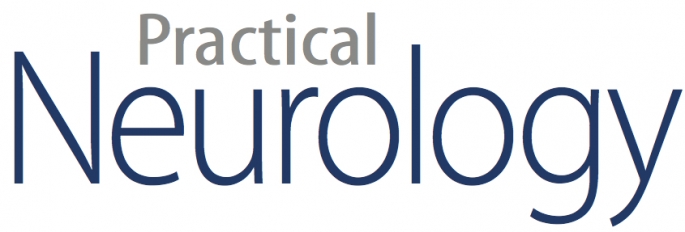The American College of Surgeons has released updated Best Practices Guidelines for TBI management, expanding on their 2015 recommendations. This comprehensive revision introduces new protocols for neuroimaging, blood-based biomarkers, pharmacologic management, rehabilitation, and postacute care. The guidelines, developed through expert consensus and evidence review, now include specific considerations for pediatric and geriatric populations.
Key Points:
- Advanced imaging protocols now specify optimal timing for CT and MRI usage in pediatric and adult patients, with emphasis that negative CT scans do not definitively rule out TBI
- Blood-based biomarkers (GFAP, UCH-L1, S100B) are now recommended for evaluating CT necessity and predicting 6-month recovery outcomes
- Pharmacologic management guidelines detail specific protocols for antiseizure medications to prevent posttraumatic seizures, along with antiplatelet and anticoagulant therapy strategies
- Integration of trauma and rehabilitation services is emphasized as crucial for optimal recovery trajectories
- New sections address care protocols for patients with GCS scores 13-15, outcome assessment metrics, and structured TBI education and follow-up procedures

HCN Medical Memo
These guidelines represent a significant shift toward precision medicine in TBI care, incorporating molecular diagnostics while maintaining practical clinical applicability across various healthcare settings.
More in Neurosurgery
 PATIENT EDUCATION
PATIENT EDUCATION  OBESITY/WEIGHT MANAGEMENT
OBESITY/WEIGHT MANAGEMENT  EXERCISE/TRAINING
EXERCISE/TRAINING  LEGAL MATTERS
LEGAL MATTERS  GUIDELINES/RECOMMENDATIONS
GUIDELINES/RECOMMENDATIONS 
